Review for The L-Shaped Room
Nobody quite does ‘kitchen-sink’ like the Brits. Well, apart from the Italian Neo-realists of course. But in the late 50’s, early 60’s Britain was king. Films like ‘This Sporting Life’, ‘A Taste of Honey’ and ‘Poor Cow’ portrayed a bleak, unromantic, grittily real post-war Britain. Bryan Forbes directed ‘The L-Shaped Room’ could certainly be considered part of the canon.
Jane Fosset (an unusually gritty role at the time for ‘cute’ French actress Leslie Caron), a French woman in her twenties, is looking for a place to live in London. But no matter where she looks, someone has got their first. As beggars can’t be choosers, she eventually settles on a pokey L-shaped room at the top of a run-down townhouse. Her landlady is a typically greedy, petty and exploitative type (Avis Bunnage) but fortunately the other residents are friendly enough. There’s Toby (Tom Bell), an earnest, struggling writer; John (Brock Peters), a black man living next door who hears more than he lets on through the thin walls of the room next door; and Mavis (Cicely Courtneidge), a flamboyant retired actress now pretty much down on her luck. Not only that, the basement houses two working girls – very risqué for the day.
Before long Jane starts a kind of love affair with Toby. However, she is harbouring a deep secret that could see the new relationship destroyed – she is pregnant with another man’s child, conceived out of wedlock.
Whilst The L-Shaped Room plays out like a typical kitchen-sink, British ‘New Wave’ film, it’s a little different than the norm in that it has a female in the lead and a French one at that. But perhaps that’s what makes it work so well, throwing an outsider into the grim reality of working class London and thereby seeing it all through their eyes; both good and bad.
The film was based on Lynne Reid Banks' first novel which had been published in 1960 and spotted by eagle-eyed Forbes, despite not being a mainstream novel. Needless to say, its Penguin edition, published in tandem with the film, was a big-seller.
The film rattles along at a good pace, full of melodramatic, almost ‘soap’ like drama. There is clearly a lineage between films like this and shows like ‘Eastenders’ today. Both the film and the novel end in a curiously ‘establishment’ way, perhaps a little disappointingly in retrospect, though I won’t spoil that here.
The film looks fabulous on this pristine transfer, really showing the black and white cinematography at its best; reflecting an era in British film-making which was soon to be side-lined by super-saturated colour or later, soft and grainy colour. This has the look and feel of the best films of the fifties.
There are some nice contextual features on the disc, including a new interview with Leslie Caron (now quite aged but still as sharp as a knife); another new interview with Lynne Reid Banks, the author of the work who recalls hating the film on its original airing, though enjoying it much more later in life; a featurette on the film in the context of the so-called British New Wave, and a Stills Gallery.
‘The L-Shaped Room’ is a worthwhile watch, and thoroughly entertaining despite never quite delivering on its ‘New Wave / quasi-feminist’ promise. Bryan Forbes, an earnest young-man himself at the time, directed some great films and this is no exception. This edition is top-notch and is recommended for anyone with an interest in this period and style of British film.
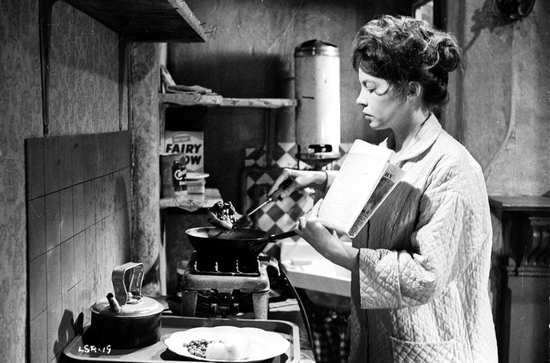
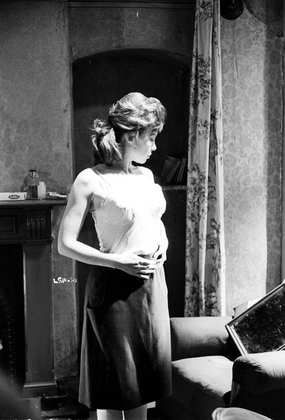
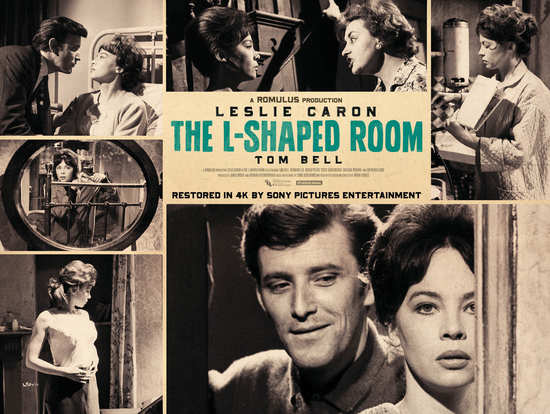
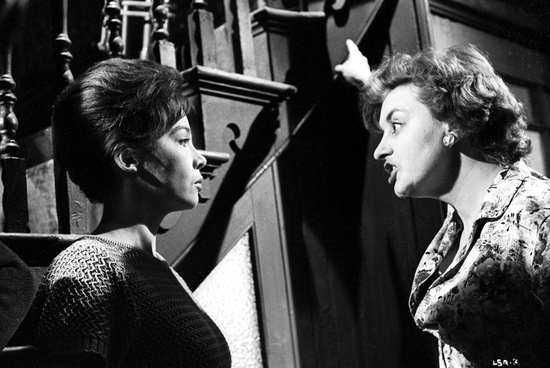
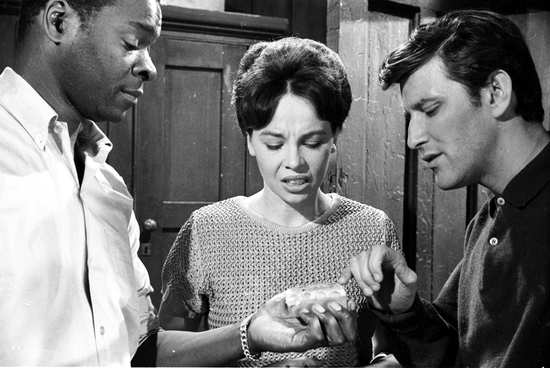
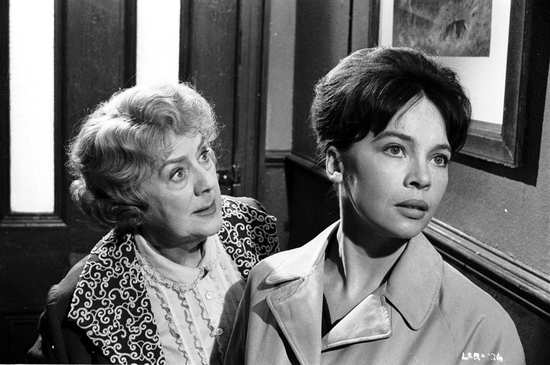
Your Opinions and Comments
Be the first to post a comment!